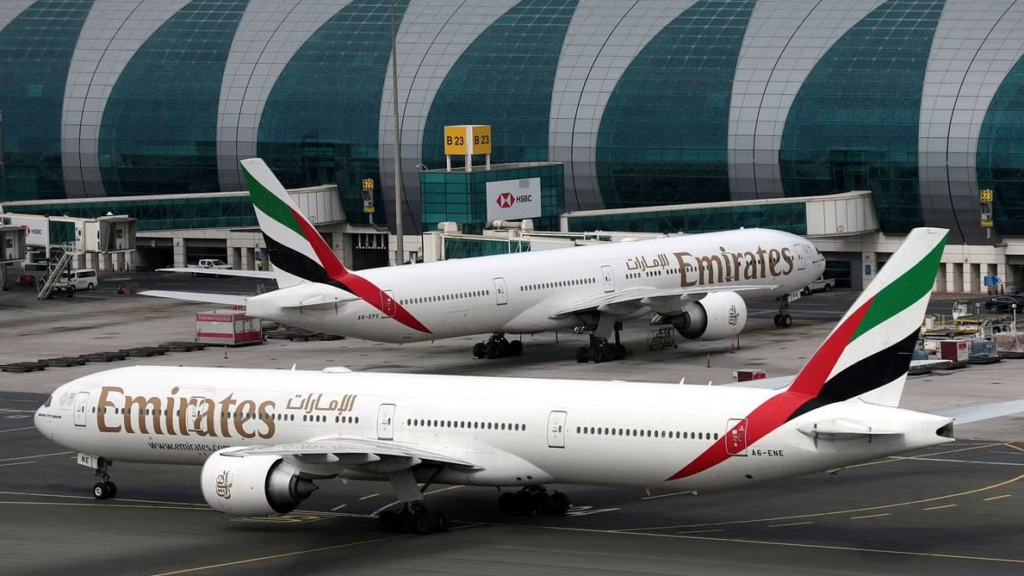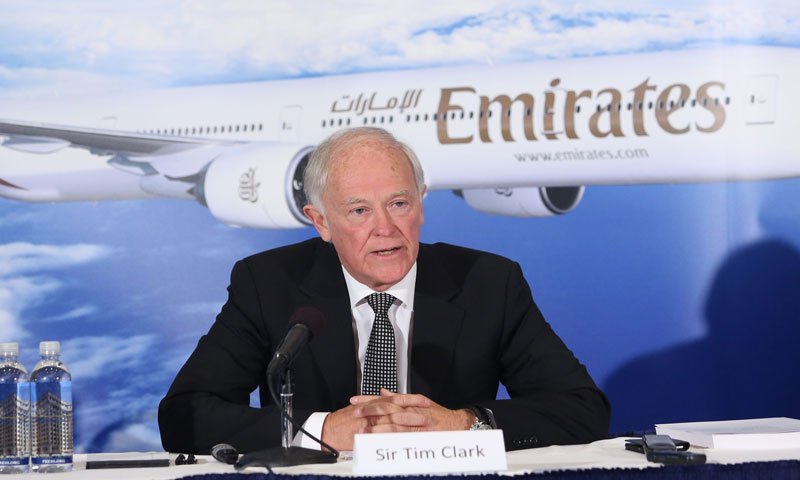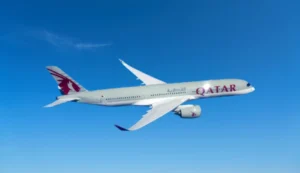Emirates Demands Boeing Foot Retrofit Bill Amid Delays
Emirates President Tim Clark asserts that Boeing should cover the costs of retrofitting its 777 jets as the manufacturer grapples with ongoing setbacks, pushing for accountability amidst delivery delays.

Photo Source: https://images.deccanherald.com/
Emirates CEO Tim Clark’s recent statements at the 80th International Air Transport Association (IATA) annual meeting in Dubai reverberated throughout the aviation industry, sparking discussions on accountability and responsibility amidst Boeing’s ongoing aircraft retrofitting saga.
Clark’s remarks centered on the imperative need for Boeing, the troubled US plane maker, to foot the multibillion-dollar bill for retrofitting Emirates’ fleet of 777 wide-body jets. With the company facing unprecedented delays in the development of the newer 777X version, Emirates finds itself grappling with the cascading effects of Boeing’s crisis.
The situation reached a critical juncture when Emirates was compelled to embark on a program to retrofit additional Boeing 777s due to the prolonged delays in the new aircraft’s development. This unforeseen predicament has propelled Clark to assertively advocate for Boeing’s accountability in bearing the extensive refurbishment costs.
“We need our aeroplanes. We cannot face constant delays. We’ve got a business to run, and the bill for refurbishing all these aeroplanes should be put at Boeing’s door,” Clark stated unequivocally on the sidelines of the IATA’s annual gathering.
Emirates’ decision to retrofit an additional 28 Boeing 777 aircraft, following the initial plan to refurbish 53 jets, underscores the magnitude of the challenge posed by Boeing’s delays. Moreover, the absence of clarity regarding the delivery timeframe for the Boeing 777-9 model, originally slated for 2025, compounds the uncertainty surrounding Emirates’ operations.
The gravity of the situation was palpable at the Dubai Airshow in November, where Emirates committed to firm orders for 55 Boeing 777-9s and 35 Boeing 777-8s, solidifying its position as the largest purchaser of Boeing wide-body aircraft. However, the prospect of prolonged delays looms large, casting a shadow over Emirates’ ambitious fleet expansion plans.

Addressing the broader implications of Boeing’s crisis, Clark stressed that the aircraft manufacturer would need at least five years to rectify the issues stemming from its current safety and quality crisis. He emphasized the necessity for Boeing to undertake a comprehensive reassessment of its operations and rectify the shortcomings that have plagued the company over the past decade.
“Boeing needs to step back and ask, ‘What did we get wrong over the last 10 or 15 years, and how do we address that?'” Clark urged, highlighting the urgency of the situation.
As Emirates navigates the turbulent waters of Boeing’s crisis, Clark’s unwavering advocacy for accountability underscores the airline’s commitment to upholding the highest standards of safety and reliability for its passengers. With billions of dollars at stake and the future of aviation hanging in the balance, the resolution of Boeing’s crisis is imperative for the entire industry’s stability and growth.






